LEGAL ENVIRONMENT OF BUSINESS 8TH EDITION BY CHEESEMAN – TEST BANK
Chapter 11 Digital Law and E-Commerce
1) The computers that constitute the World Wide Web use a standard set of rules known as ________ for the exchange of information.
A) POP
B) POP3
C) HTTP
D) IMAP
Answer: C
Diff: 1
Skill: Legal Concepts
LO: 11.1 Describe the laws that apply to e-mail contracts, e-commerce, and Web contracts.
AACSB: Analytical thinking
Classification: Concept
2) Which of the following best describes the World Wide Web?
A) a connection of millions of computers that support a standard set of rules for the exchange of information
B) a network of millions of smaller networks, each with an independent set of standards
C) a connection of millions of computers across the world with no specific standards or time constraints for exchange of data
D) a world-wide network of millions of smaller networks with a different standard of information exchange in each country
Answer: A
Diff: 2
Skill: Legal Concepts
LO: 11.1 Describe the laws that apply to e-mail contracts, e-commerce, and Web contracts.
AACSB: Analytical thinking
Classification: Concept
3) Which of the following is true of the World Wide Web?
A) Only businesses—not individuals—can have their own websites.
B) Individuals need not register with a service provider to access the web.
C) A website can have several online addresses.
D) Web pages are stored on servers which are operated by Internet service providers.
Answer: D
Diff: 2
Skill: Legal Concepts
LO: 11.1 Describe the laws that apply to e-mail contracts, e-commerce, and Web contracts.
AACSB: Analytical thinking
Classification: Concept
4) A(n) ________ contract refers to a contract that is entered into by the parties by use of e-mail.
A) web
B) online
C) e-mail
D) ISP
Answer: C
Diff: 1
Skill: Legal Concepts
LO: 11.1 Describe the laws that apply to e-mail contracts, e-commerce, and Web contracts.
AACSB: Analytical thinking
Classification: Concept
5) Which of the following statements is true of e-mail contracts?
A) All e-mail contracts require consideration, capacity, and lawful object.
B) E-mail contracts are exempted from the requirements of the Statute of Frauds.
C) E-mail contracts are enforceable even if they do not meet the requirements of a traditional contract.
D) Several e-mails cannot be integrated to determine the parties’ agreement.
Answer: A
Diff: 2
Skill: Legal Concepts
LO: 11.1 Describe the laws that apply to e-mail contracts, e-commerce, and Web contracts.
AACSB: Analytical thinking
Classification: Concept
6) Which of the following is true of the CAN-SPAM Act?
A) It regards spam e-mail as a punishable offence.
B) It prohibits spammers from sending sexually-explicit e-mail.
C) It approves businesses to use spam as long as they do not lie.
D) It provides a civil right of action to individuals who have received unsolicited spam.
Answer: C
Diff: 2
Skill: Legal Concepts
LO: 11.1 Describe the laws that apply to e-mail contracts, e-commerce, and Web contracts.
AACSB: Analytical thinking
Classification: Concept
7) Which of the following is true of the Communications Decency Act of 1996?
A) Businesses can send spam e-mails, as long as they do not lie.
B) ISPs are not liable for the content transmitted over their networks by e-mail users and websites.
C) Businesses are liable for invading the right to privacy if they send unsolicited e-mails.
D) The number of servers an ISP can access in a geographical location is limited.
Answer: B
Diff: 2
Skill: Legal Concepts
LO: 11.1 Describe the laws that apply to e-mail contracts, e-commerce, and Web contracts.
AACSB: Analytical thinking
Classification: Concept
8) LetsConnect is a three-month-old Internet service provider in the United States of America. In the last two months, it was discovered that several LetsConnect users exchanged online material that is illegal in the United States. The ISP took no measures to investigate the matter or prevent it. Which of the following is true of this case?
A) The users of LetsConnect are not liable for the material they exchanged.
B) The ISP is not liable for the content transmitted over its network.
C) The ISP will be prosecuted for abusing the freedom of speech.
D) The ISP will be prosecuted for violating the Communications Decency Act.
Answer: B
Diff: 2
Skill: Factual Application
LO: 11.1 Describe the laws that apply to e-mail contracts, e-commerce, and Web contracts.
AACSB: Application of knowledge
Classification: Application
9) Which of the following is true of e-commerce?
A) Lessors cannot use web addresses to lease goods.
B) Intellectual property cannot be explicitly listed for sale on a website.
C) An e-mail contract is not binding.
D) Services can be listed for sale on websites.
Answer: D
Diff: 2
Skill: Legal Concepts
LO: 11.1 Describe the laws that apply to e-mail contracts, e-commerce, and Web contracts.
AACSB: Analytical thinking
Classification: Concept
10) Barney wants to rent an apartment and posts an advertisement in a classifieds website. Two days later, Michael, who wants to rent out his apartment, e-mails Barney and they finalize the deal over the Internet. Barney pays Michael through an online transfer. This is an instance of ________.
A) e-licensing
B) e-commerce
C) cybersquatting
D) information licensing
Answer: B
Diff: 2
Skill: Factual Application
LO: 11.1 Describe the laws that apply to e-mail contracts, e-commerce, and Web contracts.
AACSB: Application of knowledge
Classification: Application


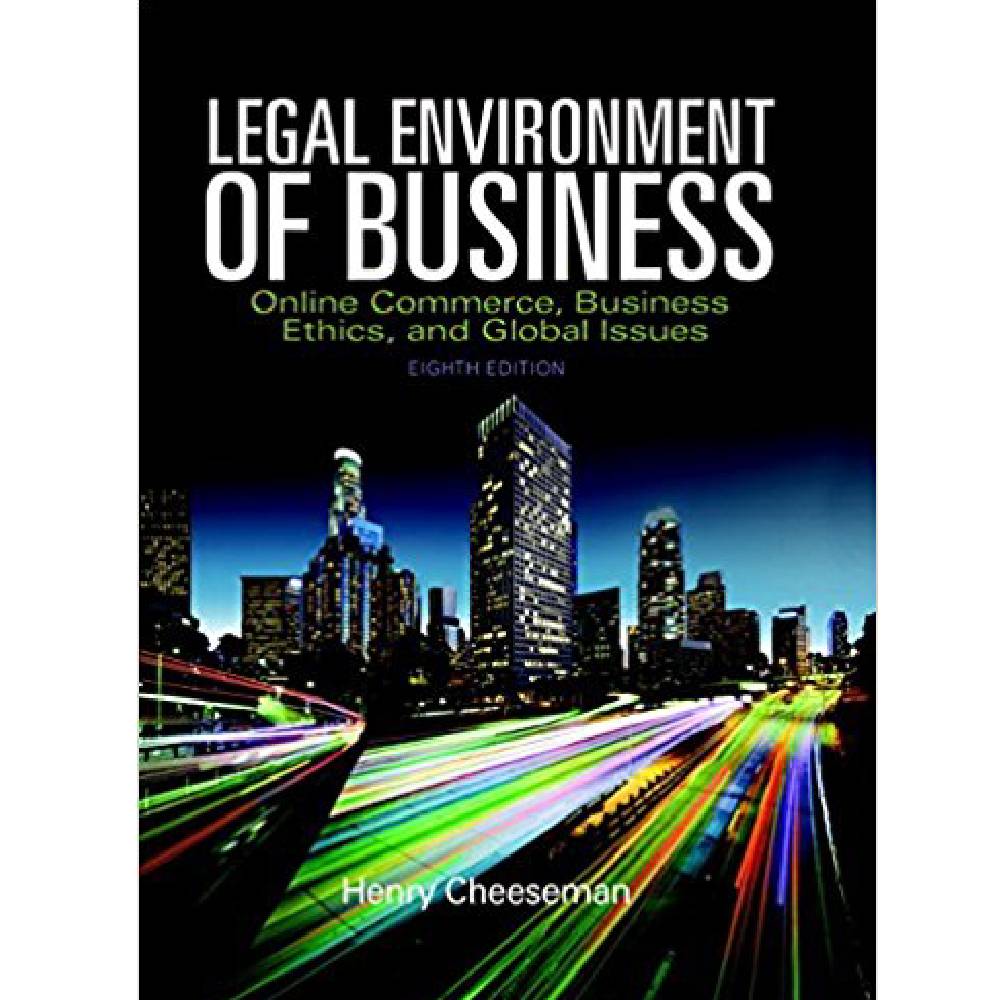
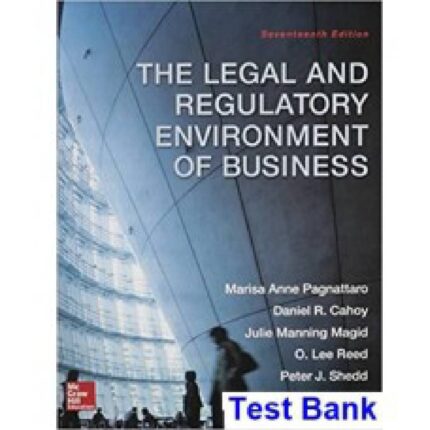

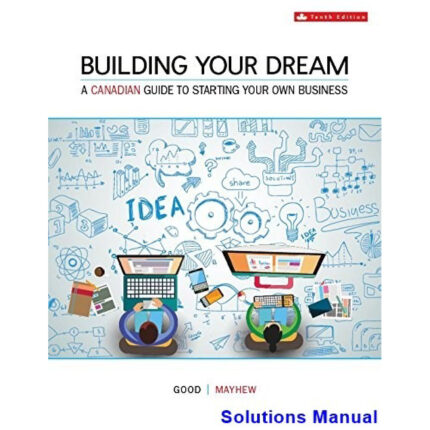
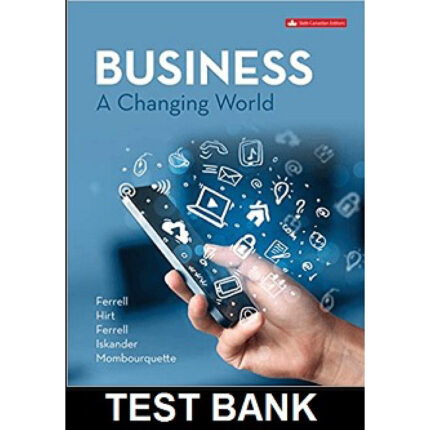

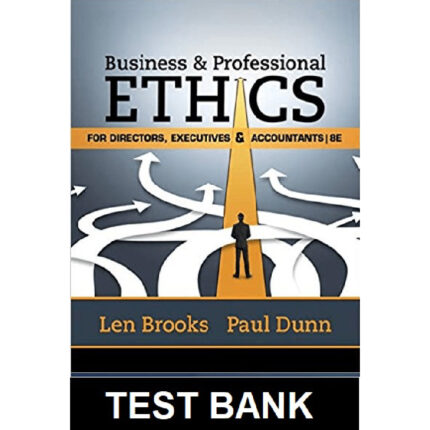

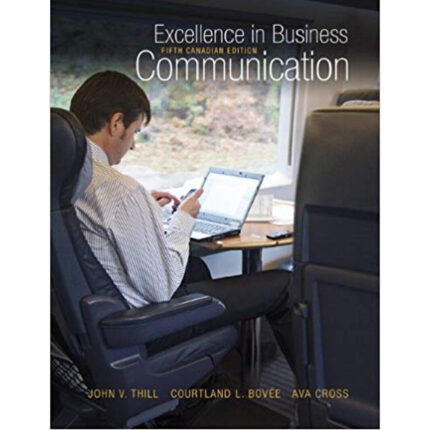
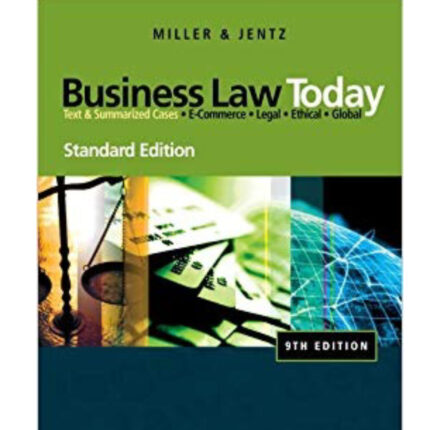

Reviews
There are no reviews yet.